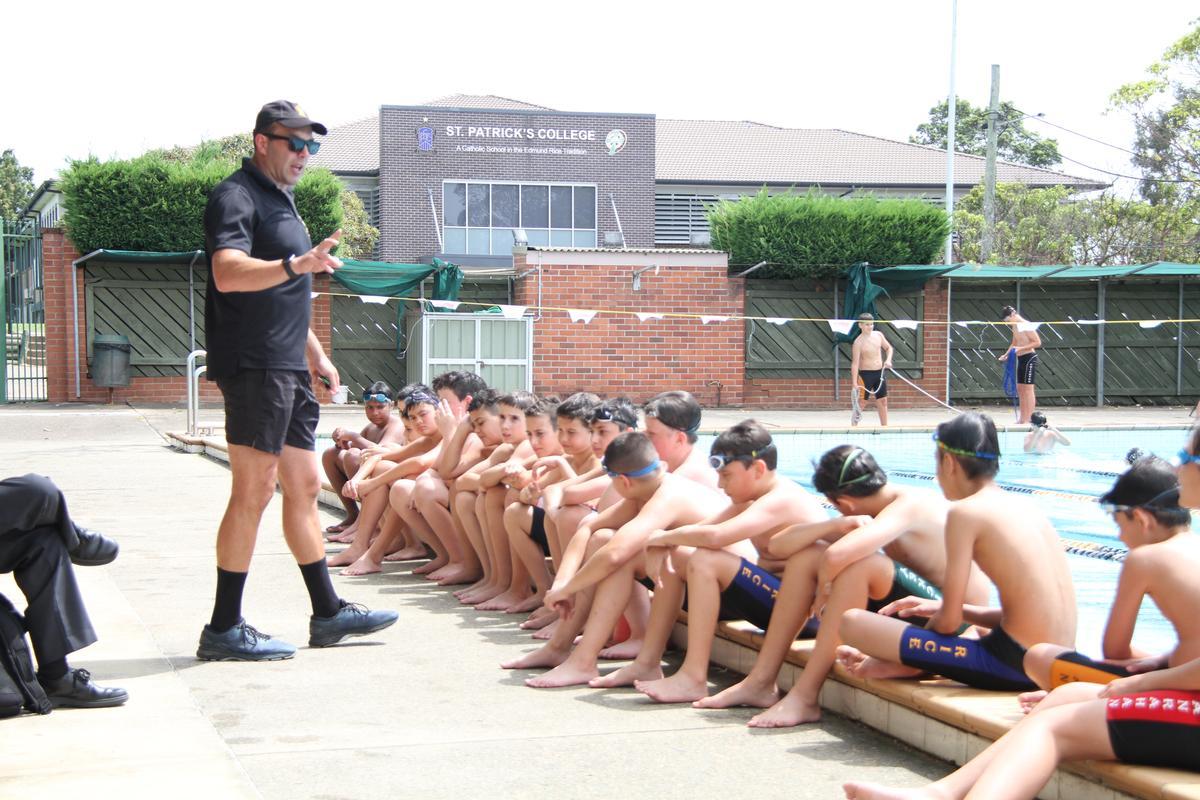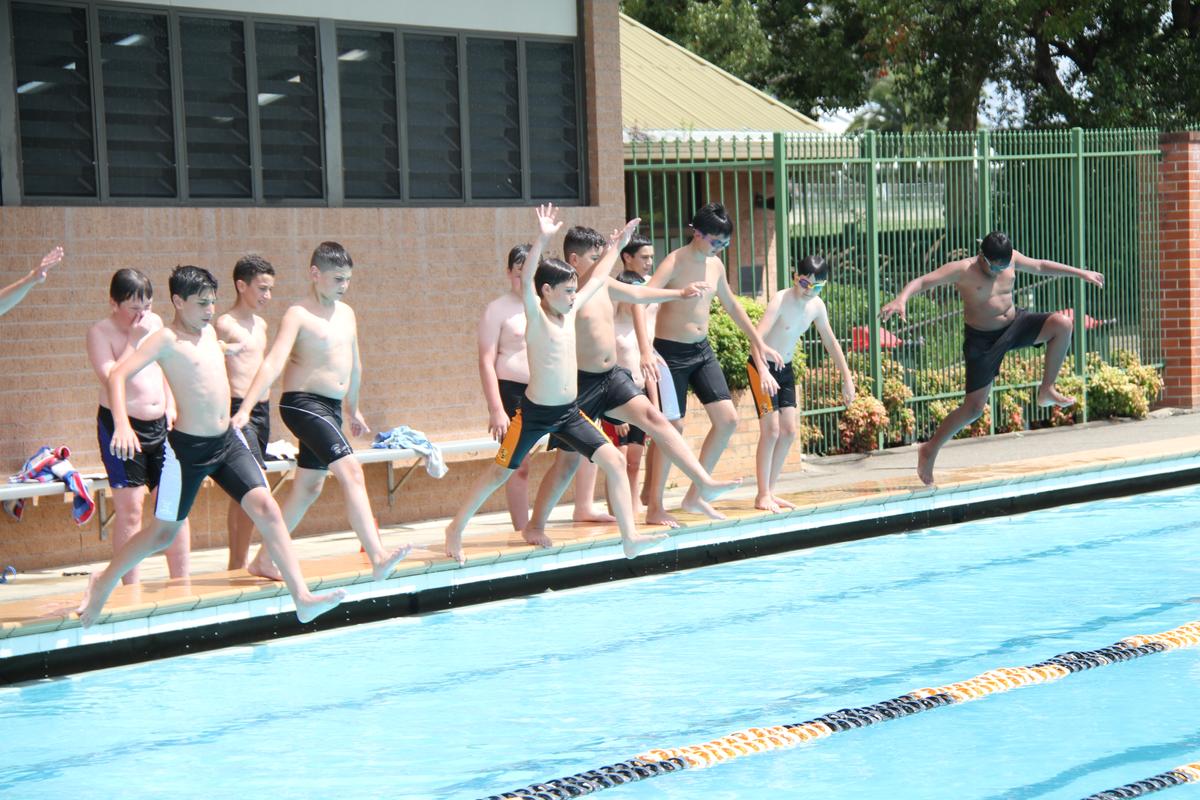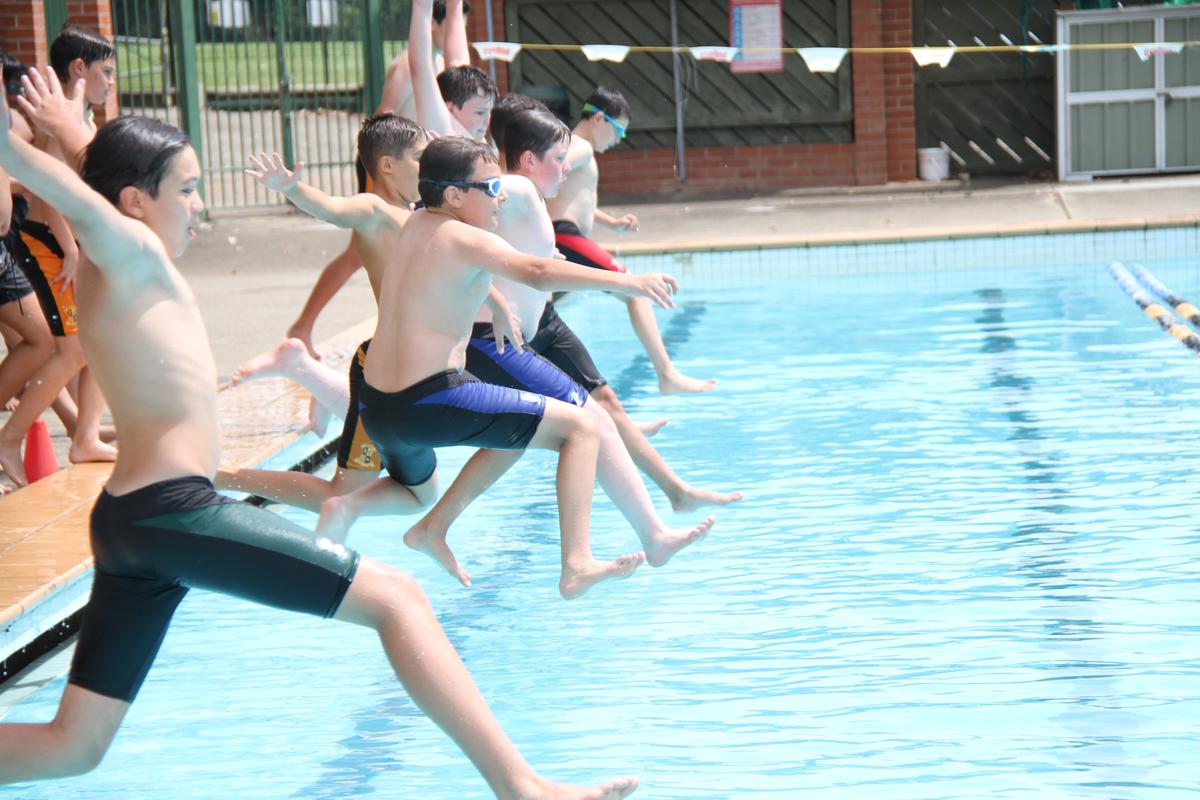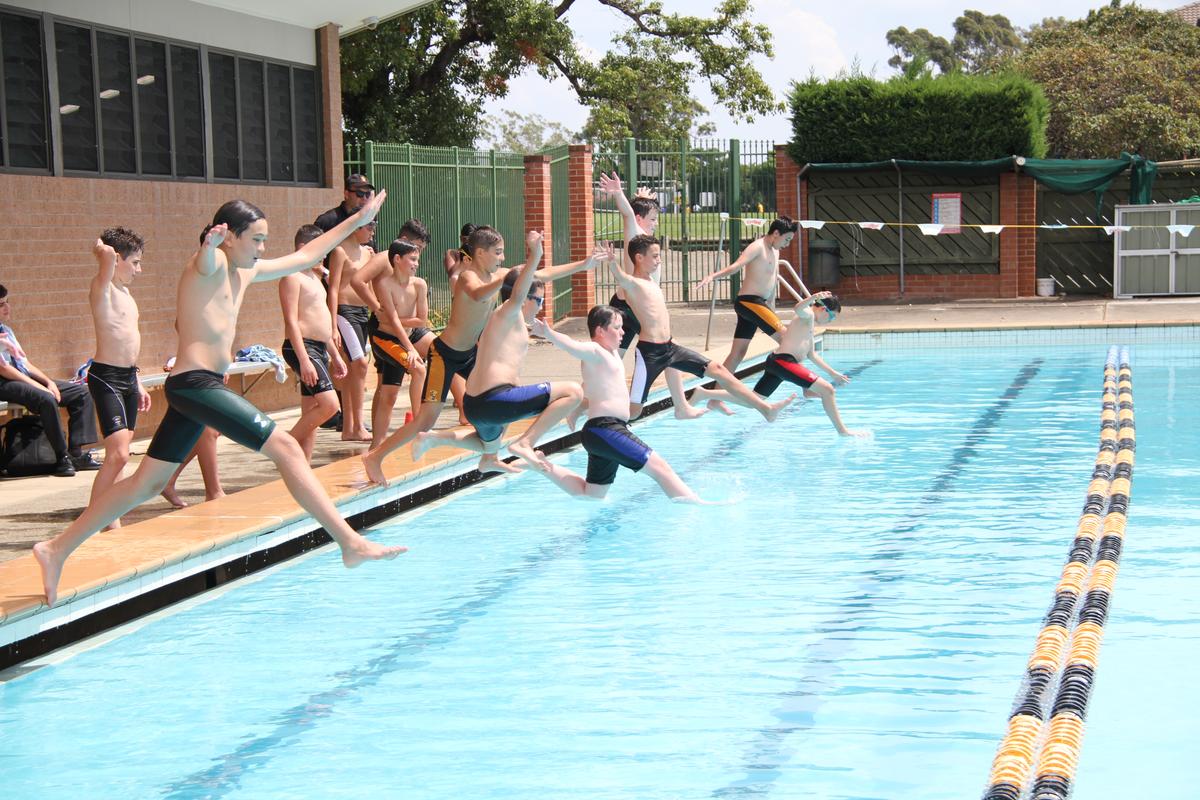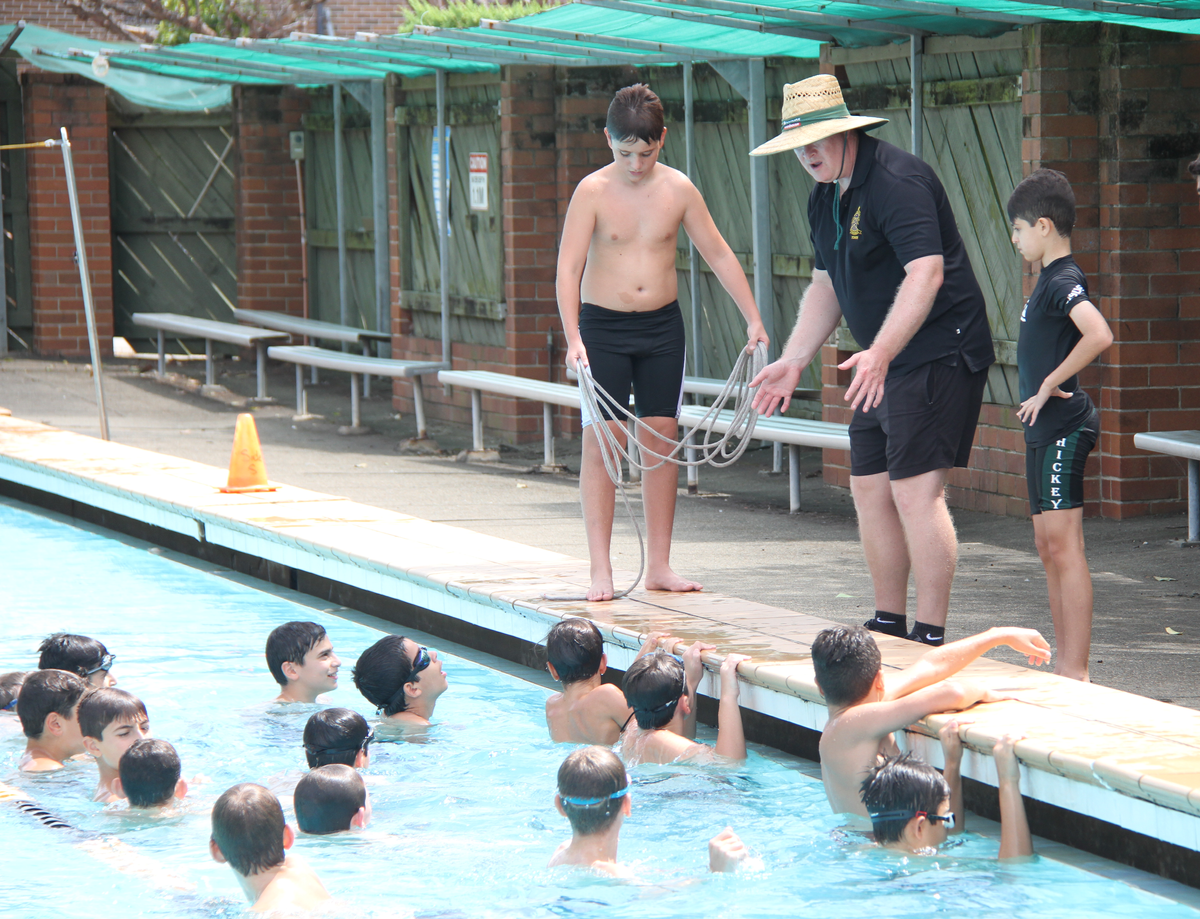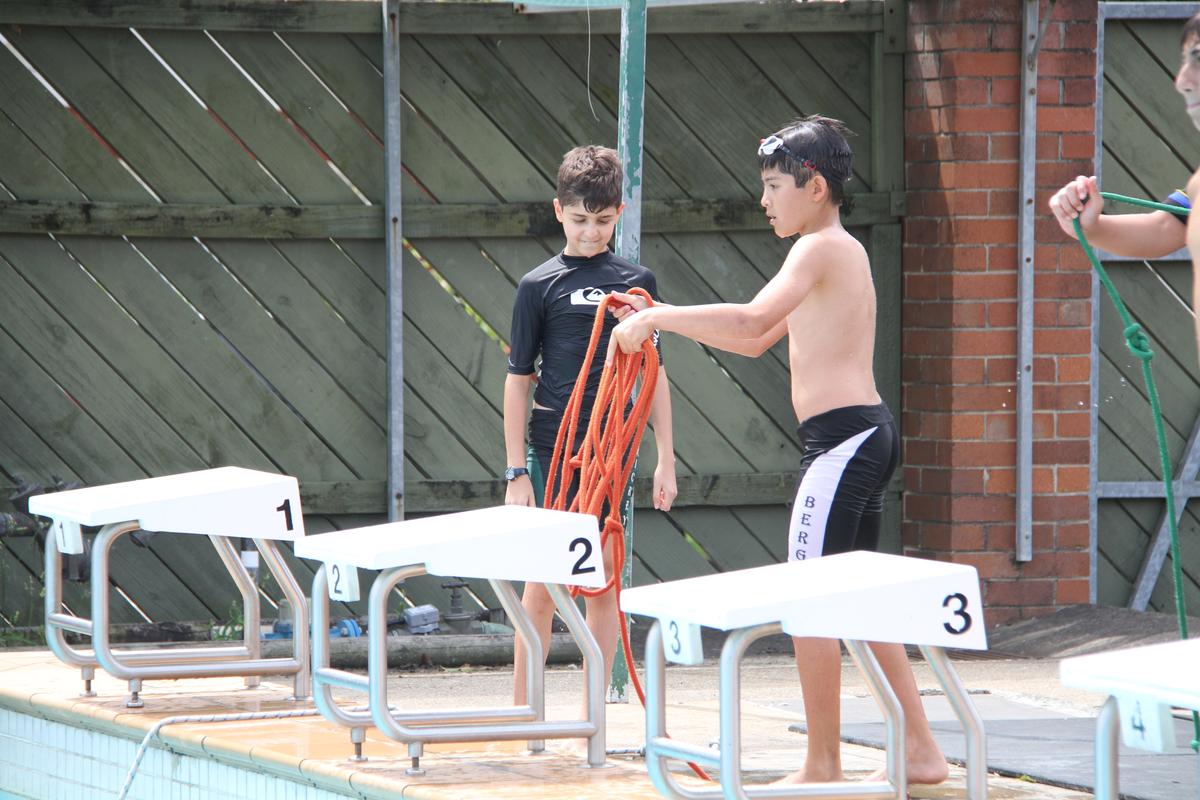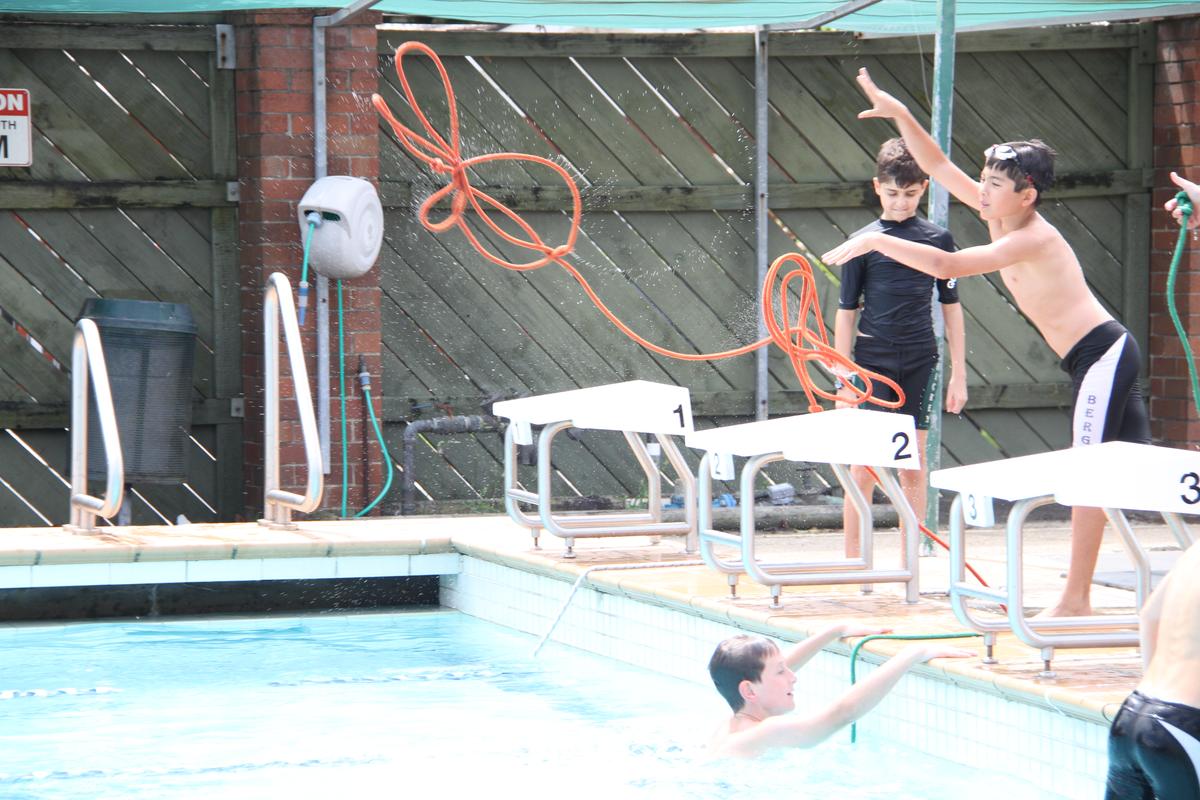Curriculum

Year 12 Assessment Block
The Year 12 Assessment Block will commence next week on Monday 28 February with English Advanced and English Standard and will conclude on Thursday 10 March with Modern History in the afternoon session. The assessments are varied in type, structure and format and include, but are not limited to, written responses to pre-published stimulus materials, oral presentations, and practicals.
Parents and students of Year 12 are reminded that in the event of absenteeism due to illness or misadventure during the Assessment Block, a telephone call to the Year Coordinator, Mr Newman, must be made on the morning of the assessment. Where possible, the missed assessment or a substitute will be arranged within the Assessment Block period. On the student’s return to school, a completed illness/misadventure form, with the related medical certificate or other official notice attached, must be given to Mr Newman and the relevant Faculty Leader.
In the event of a COVID-19 related absence, i.e., the student testing positive on a Rapid Antigen Home Test (RAHT) or isolating as a household contact, a PCR test must be taken by the student or by the household contact if the student is forced to isolate. The result of a PCR test acts as a medical certificate and Mr Newman must be notified immediately. Note, a medical certificate is required following a negative PCR or RAHT test to confirm the student with cold/flu like symptoms is fit to return to school.
Michael Cutrupi
Director of Curriculum
Diving into Term 1……. SAFELY!
The development of swimming and water safety skills continues to be an area of priority in Australia over the next 8-10 years. Research shows that participation in commercial learn to swim programs continues to decline before eight years of age. The Australian Water Safety Strategy (2030) highlights that considering only 32% of students aged 0-14 participate in organised swimming outside of school at least once per year, swim related accidents in young males is often attributed to higher exposure to high risk situations and also a sense of inflated confidence levels that may not necessarily reflect abilities.
With this in mind, here at the College as part of (Personal Development, Health and Physical Education (PDHPE) in Term 1, all Year 7 students participate in a comprehensive aquatics unit aimed at upskilling basic swim techniques and survival skills. Students engage in both theory and practical components, learning skills such as appropriate water entry for shallow surfaces, effective rope rescue techniques, competency in a continuous swim across a variety of strokes and DRSABCD First Aid water management scenarios. Students work through a range of dynamic water contexts that allow them to adapt and transfer simple movement challenges to more challenging scenarios in the effort to enhance their performance and water safety skills.
We are also hopeful that St Patrick’s College boys will be able to transfer these water safety skills from the pool into other contexts where safety is paramount such as the beach, rivers and lakes. Nonetheless, the list below highlights some important tips to always be reminded of:
- Be aware of your own swimming abilities and limitations.
- Avoid swimming at night.
- Never run or dive in the water, even if you have checked the depth before. Water conditions can change frequently and quickly.
- If you feel anxious in the water, stay calm. Raise your arm to signal for help, float and wait for assistance.
- If in doubt about the water depth, enter slowly, with your feet first.
Alexandros Sinadinos
Leader of Learning PDHPE

